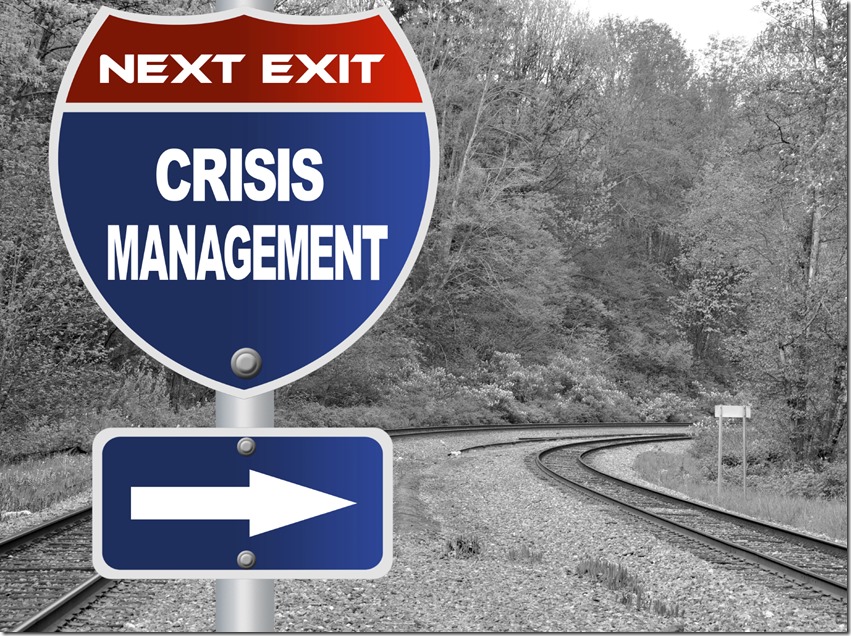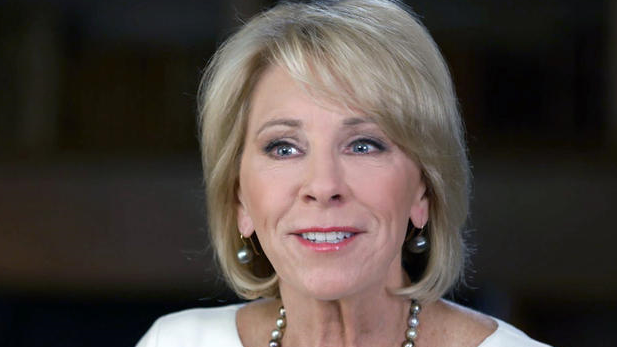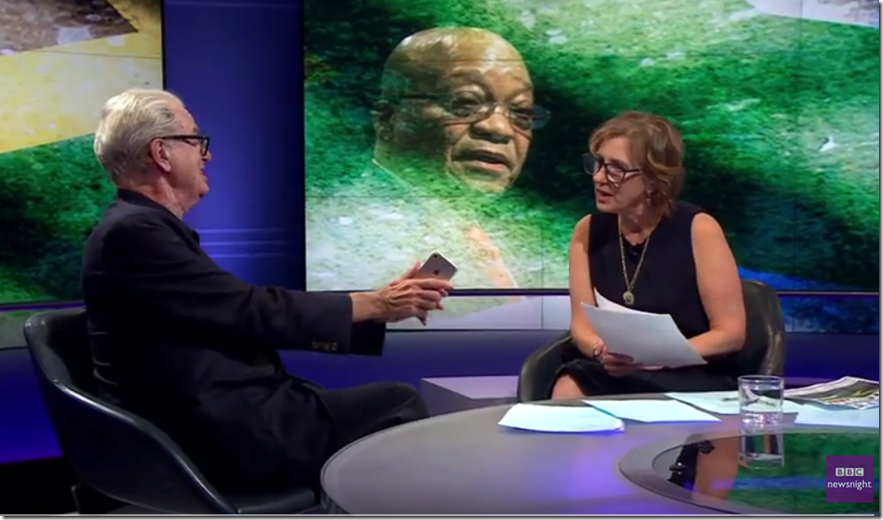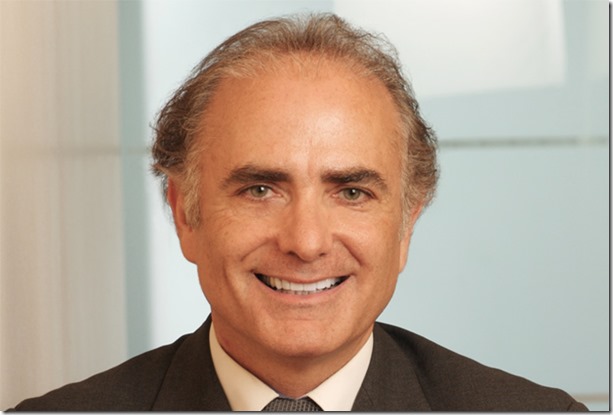I’m Not Naming A Worst Video Media Disaster Of 2015. Here’s Why.
Since beginning this blog in 2010, I’ve named the worst video media disaster at the end of every year. There have been some memorable disasters in years past. Remember these?
In 2010, the award went to British Petroleum CEO Tony Hayward, who told cameras “I’d like my life back” after his company’s massive oil spill killed 11 workers.
In 2011, Rep. Anthony Weiner (D-NY) nabbed the award, for obvious reasons.
In 2012, Senate candidate Todd Akin (R-MO) became notorious for his claim that “If it’s a legitimate rape, the female body has ways to try to shut that whole thing down.”
In 2013, Toronto Mayor Rob Ford nabbed the prize for making a vulgar comment about oral sex.
In 2014, Los Angeles Clippers Owner Donald Sterling received the uncoveted prize for making racist comments about African Americans.
But for the first time since starting the blog, I’ve decided against naming a worst video media disaster this year.

Using the same metrics I’ve used in previous years, my selection for the worst video media disaster of 2015 seems rather obvious: Donald Trump.
But as of this writing, Mr. Trump leads every national Republican primary poll and is among the top two in every early voting state. Given his political success—and that his “gaffes” have bolstered rather than hurt his campaign—how can his controversial statements be called media disasters?
In any normal election cycle, the following statements would have either doomed or severely crippled the leading candidate.
On POWs:
On Undocumented Mexican Immigrants:
On Muslims:
The questions of whether these comments will prove to be disasters for the Republican Party (both in presidential and down-ballot races) or society at large are important ones, and we’ll eventually learn the answers to them.
But in terms of media disasters, it seems that the question of whether these statements will hurt Trump have already been answered rather emphatically, at least in the short term: NO.
I’ve been wondering lately if Trump’s early campaign successes portend anything about whether such “gaffes” will hurt future politicians less than previous ones. There’s no doubt that a growing mistrust of the mainstream media—combined with social media platforms that allow direct communication with voters—set the conditions for gaffes to have less impact, or at least to be satisfactorily explained away.
But I also can’t help thinking that Mr. Trump is a singular—or at least extreme—case study, and that gaffes that reinforce the worst impressions of most other politicians will still hurt. (Witness Hillary Clinton’s panned statement from earlier this year, in which she responded to a question about whether she wiped her email servers by quipping, “Like, with a cloth or something?”)
I wouldn’t bet more than a few bucks on that hypothesis. If this campaign has taught us anything, it’s that we’re in an ahistorical moment and major state of flux. Anyone who claims to know how it will all pan out has a much clearer view into the future than I do.
Don’t miss a thing! Click here to instantly join our mailing list and receive the best of the blog twice each month.


